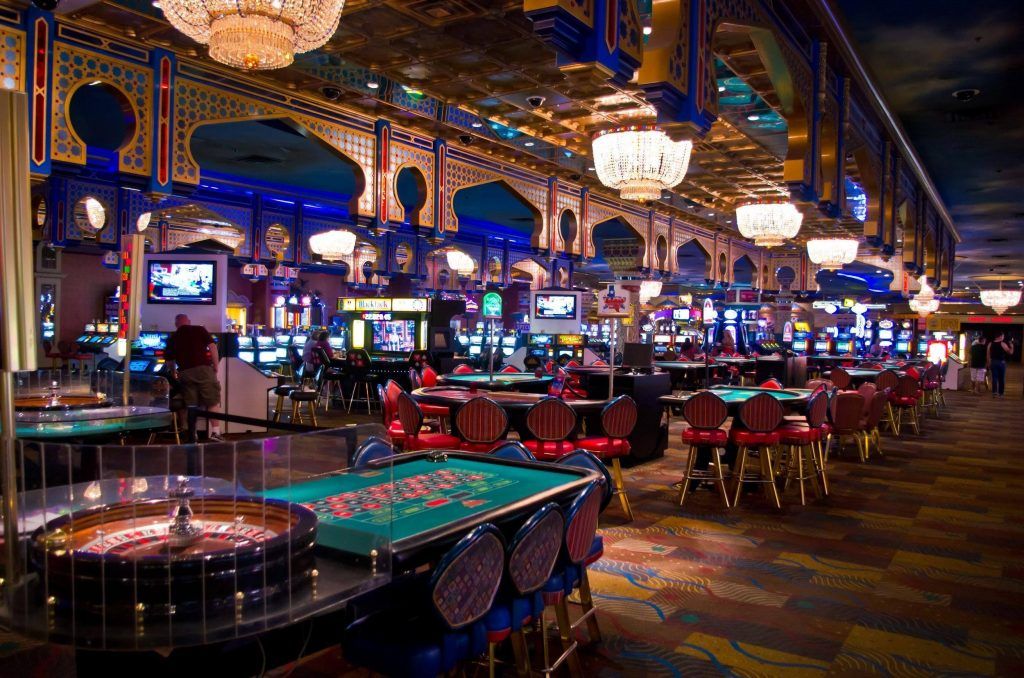Within the vibrant world of casinos, where the air buzzes with excitement and the clattering of tokens permeates the space, the role of a dealer is both essential and fascinating. Each day, these experienced experts step into a realm where luck and strategy intertwine, leading players through the ups and downs of their chosen casino games. From table games like 21 and texas hold ’em to the spinning wheels of roulette, dealers facilitate the gameplay while guaranteeing that each game operates smoothly and fairly.
As the day breaks on another busy day, a casino dealer gets ready to dive in this vibrant environment. Their duties extend beyond merely distributing the cards or turning a roulette wheel; they are also entertainers, customer service representatives, and keepers of the game regulations. Each workday brings new obstacles and interactions, making every day unique in the life of a dealer. This insider look will examine the day-to-day operations of a casino game dealer, showcasing the expertise and insights that make this profession both exciting and rewarding.
The Role of a Gambling Table Croupier
A gambling table croupier is at the core of the gambling experience, managing the progress of the play while ensuring that players are involved and entertained. Their main duty is to manage the table, which includes dealing cards, spinning the wheel, or managing the chips, depending on the type of game being played. Dealers must have a deep understanding of the rules and guidelines governing each type of game, while also upholding a friendly and approachable demeanor to enhance the gaming atmosphere.
In addition to managing the play, croupiers must also keep a close watch on the players and the surroundings around the table. This entails monitoring for any indications of cheating, making sure that everyone is adhering to the guidelines, and addressing any disputes that may arise among players. Effective communication skills are vital, as croupiers often give explanations about the game’s mechanics and offer assistance to those who may be novice to casino games.
Furthermore, a croupier’s role extends past just the technical aspects of the play. They play a crucial part in creating an immersive experience for the players. This requires building a connection with patrons, being attentive to their wants, and often adding an aspect of entertainment into the play. It’s this combination of talent, vigilance, and people skills that makes the position of a casino table croupier both demanding and rewarding in the dynamic world of gambling games.
Responsibilities and Challenges in Daily Operations

One of the primary responsibilities of a casino game dealer is to supervise the various games offered at their table, making sure a smooth and pleasant experience for players. Dealers must be proficient at dealing cards, handling chips, and maintaining the flow of the game. This necessitates a deep understanding of the rules of each game, from blackjack to roulette, and the ability to answer players’ questions while maintaining the game progressing. Attention to precision is essential, as dealers must monitor bets, pay out winnings accurately, and monitor any cheating or discrepancies at the table.
In addition to supervising the game itself, dealers encounter challenges such as dealing with difficult players. The casino environment can be high-pressure, particularly during high-stakes games, and a dealer must remain calm and maintain professionalism at all times. They need strong interpersonal skills to handle interactions with players who may be frustrated about losses or dissatisfied with the game’s pace. Handling these situations delicately is important in ensuring a friendly atmosphere on the casino floor.
Another significant responsibility is maintaining the honesty of the game. lu88 Dealers must be alert and observant, watching for any signs of collusion or cheating among players. This involves not only a strong knowledge of the games but also an awareness of player psychology. They must also adhere to the casino’s regulations and procedures, participating in regular training sessions to stay informed on rules and protocols. Balancing these responsibilities while providing excellent customer service is what makes the role both challenging and fulfilling for a casino game dealer.
Attributes and Qualities for Achievement
A proficient casino game dealer must demonstrate outstanding communication skills. This includes not only the ability to effectively explain game rules and procedures to participants but also the capacity to interact with them in a friendly and respectful manner. Building rapport with patrons can enhance the gaming experience and inspire repeat visits to the casino. Proficient communication enables dealers to manage tables efficiently while ensuring that players feel entertained.
Additionally, robust mathematical skills are essential for a dealer. Quick arithmetic are often required to follow bets, payouts, and game outcomes in real time. A dealer’s ability to perform these numerical tasks accurately and swiftly contributes to the overall efficiency of the game. This skill helps in maintaining the flow of play and in minimizing disputes or misunderstandings with players, which is crucial in a rapid casino environment.
Lastly, an ideal casino game dealer should exhibit integrity and professionalism at all times. Trust is a crucial component of the gaming experience, and players must feel secure that the games are conducted fairly and clearly. A dealer’s commitment to upholding high ethical standards fosters a friendly atmosphere at the table and enhances the casino’s reputation. Being dependable in behavior ensures that dealers leave a memorable impression on guests, which can lead to a loyal customer base.
